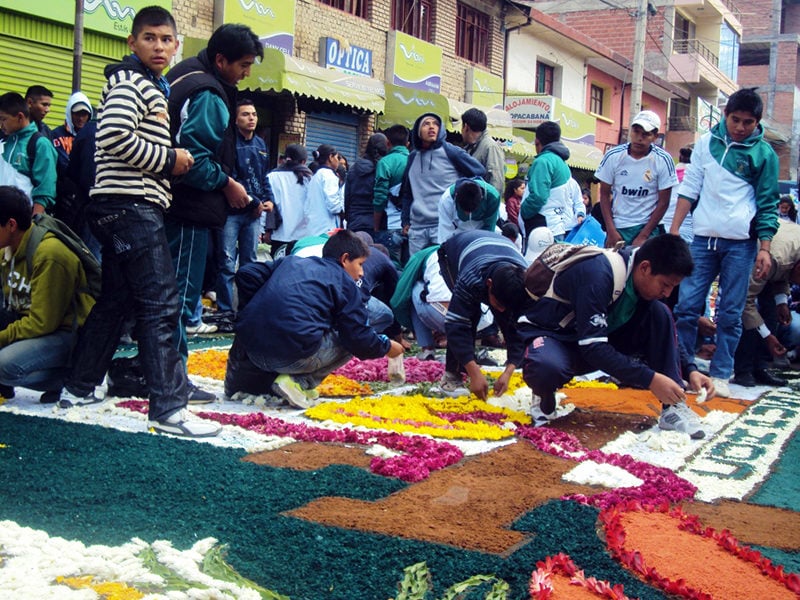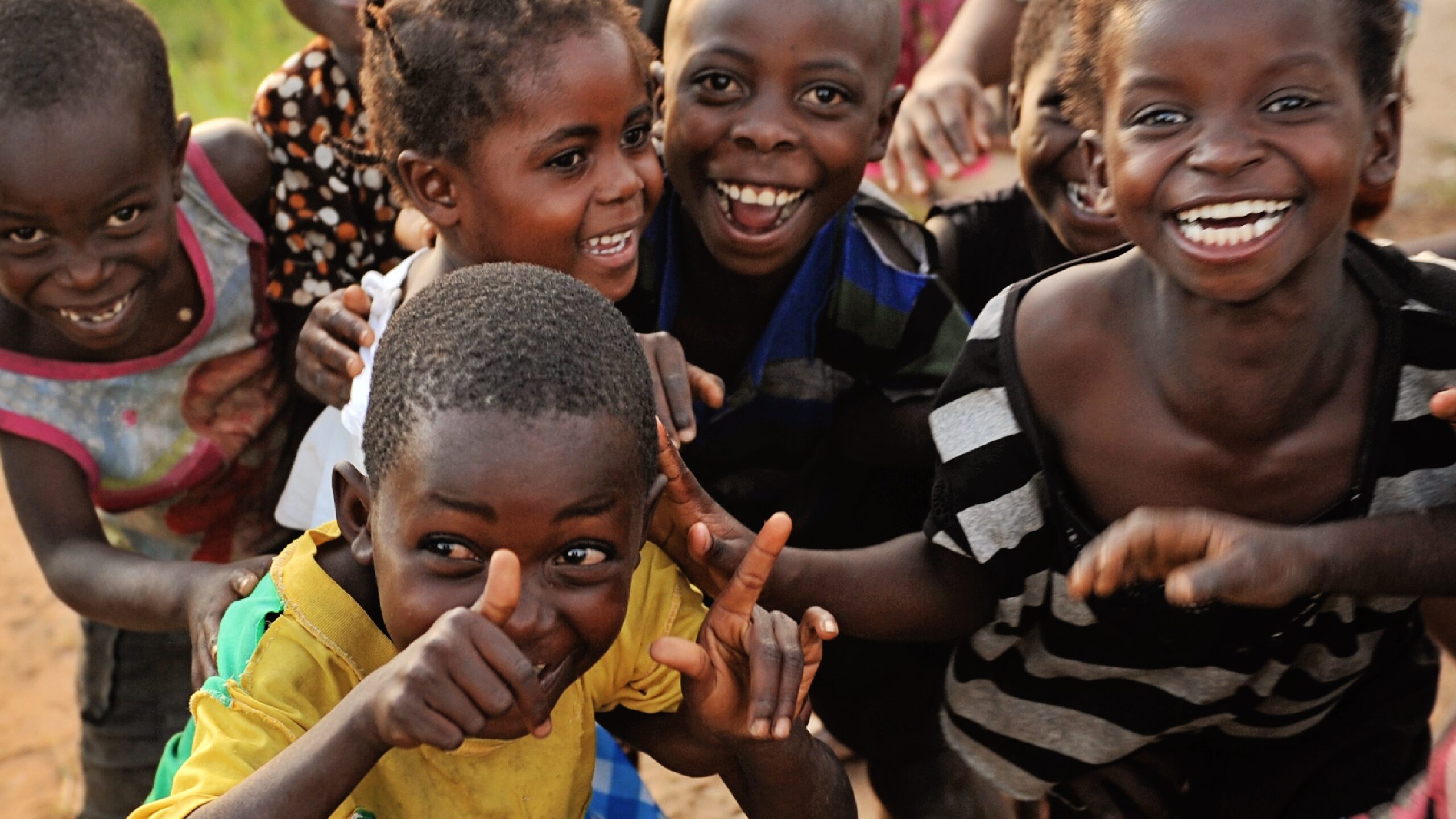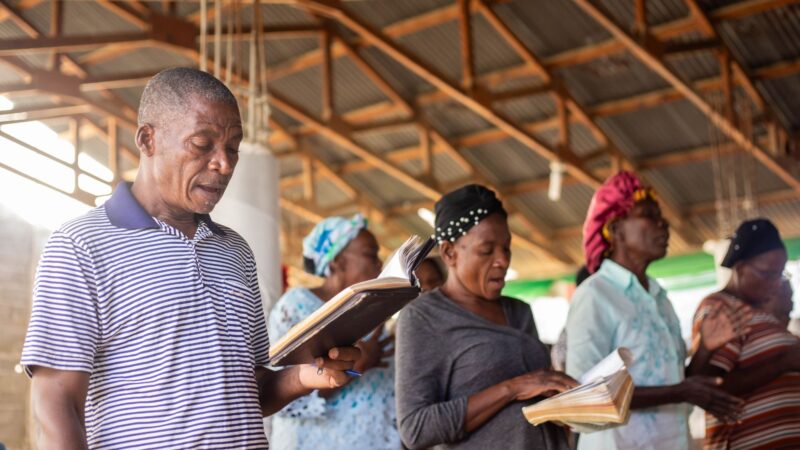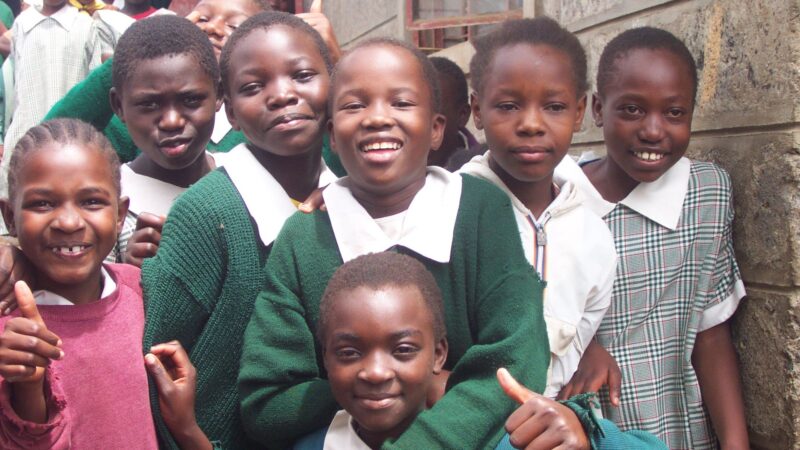In Bolivia, Easter celebrations are very different, depending on the geographical context and the religious background of the people. The name “Easter” is not widely used. Catholics prefer to say “Holy Week” (“Semana Santa” in Spanish) and Evangelicals only celebrate “Resurrection Sunday.”
Catholics, who make up 78% of the Bolivian population, celebrate these dates in a unique way. The Catholic celebrations begin on Palm Sunday, which is the Sunday before Easter. On that day, people weave (or buy) a braid made of palm leaves, which is used to bless the nearest parish and then hang on the door of their homes for the rest of the year, as a sign that the house has the blessing of God.
On the Friday before Easter (Holy Friday)—the day of Jesus’ agony in the Garden of Gethsemane, His imprisonment and crucifixion—community members host processions through the streets walking to churches. The tradition in Bolivia is to visit at least six Catholic churches that night. On the way, people eat typical desserts such as arroz con leche (rice pudding), api (a hot drink made with purple corn) and buñuelos (fried donut).
From Friday to Sunday (Holy Friday, Holy Saturday and Holy Sunday), Catholics enter a season of penance and fasting where they avoid red meat. In Bolivia, the tradition is to cook 12 dishes during those three days, to share with family and friends. Those 12 dishes are:
- Sopa de papa pica (pica potato soup)
- Escariote soup
- Sajta de papalize (spicy potatoes with vegetables)
- Ch’uma de lacayote (thick stew with lacayote—a type of squash)
- Carbonada (sweet potatoes and pumpkin stew), scrambled achojcha (a vegetable that looks like a cross between a zucchini and bell pepper)
- Cooked fish (such as trout, shad, surubí, pejerrey)
- Pejtu de habas (broad beans with cheese, spicy topping and green onions)
- Chili de poroto (kidney bean chili)
- Shrimp soup
- Spaghetti with shrimp
- Bread soup
- Rice pudding
One tradition in the area of Cochabamba where Bright Hope works is that high school students work at midnight on Saturday making floral doily carpets as a way to honor the resurrection of Christ. These rugs are made in the streets, and then they are admired by people who on Sunday, early in the morning, go to the Resurrection Mass.
Evangelicals, who make up 16% of the population, do not have traditions during Holy Week, but celebrate the resurrection of Jesus on Sunday. Before, it was customary to have a special meeting at dawn, but now most of the churches have their normal meeting and emphasize that on such a day Jesus Christ was resurrected.
Some denominations unite in larger groups, where all the churches in a particular area meet early in the morning to celebrate the resurrection together. These celebrations include bands, dancing and much joy.





